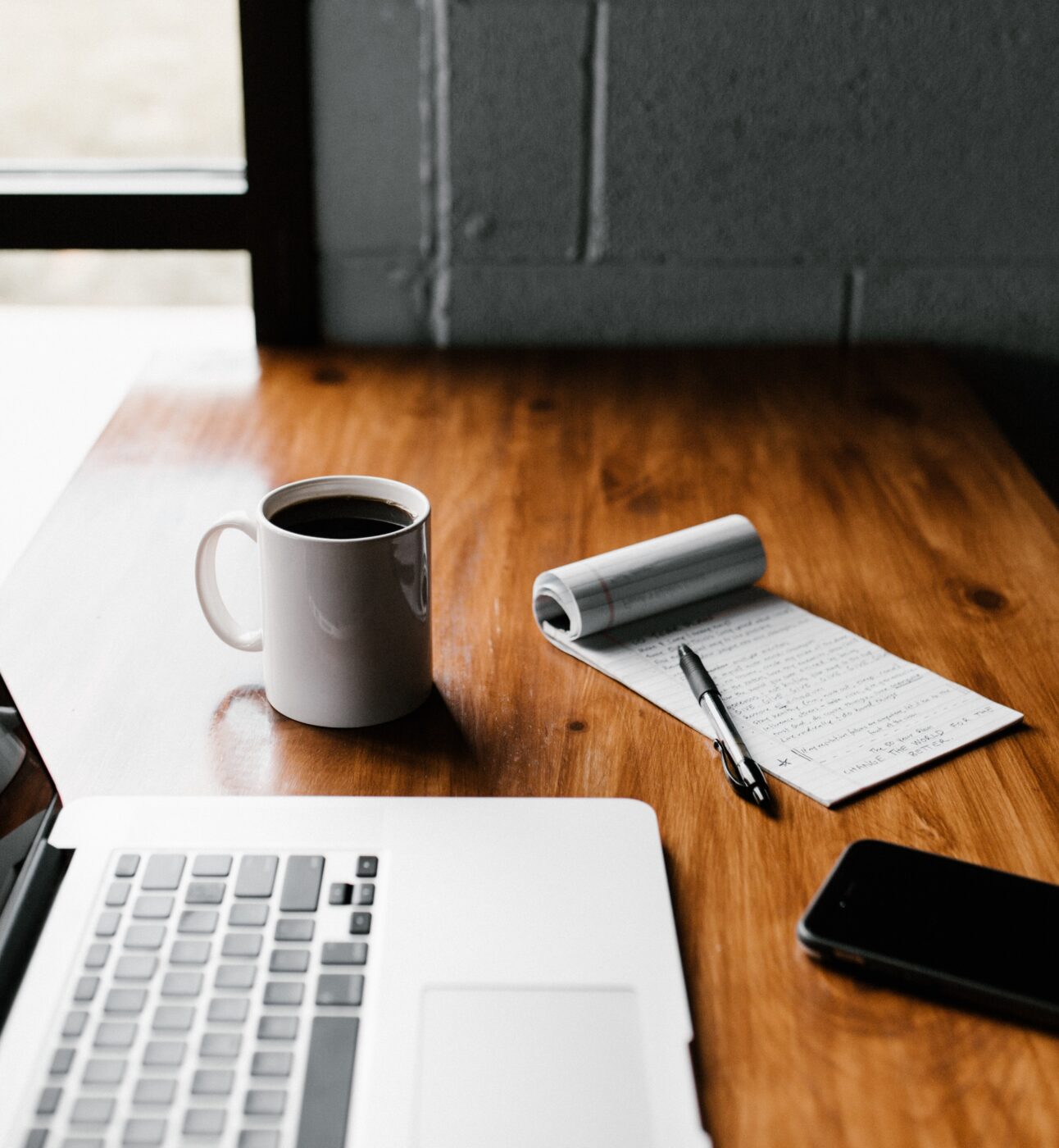
Citizens Advice
have a guide on what benefits people with disabilities may be entitled to. You can contact your local Citizens Advice for help with applying. Disability benefits are slightly different for those who are experiencing homelessness.
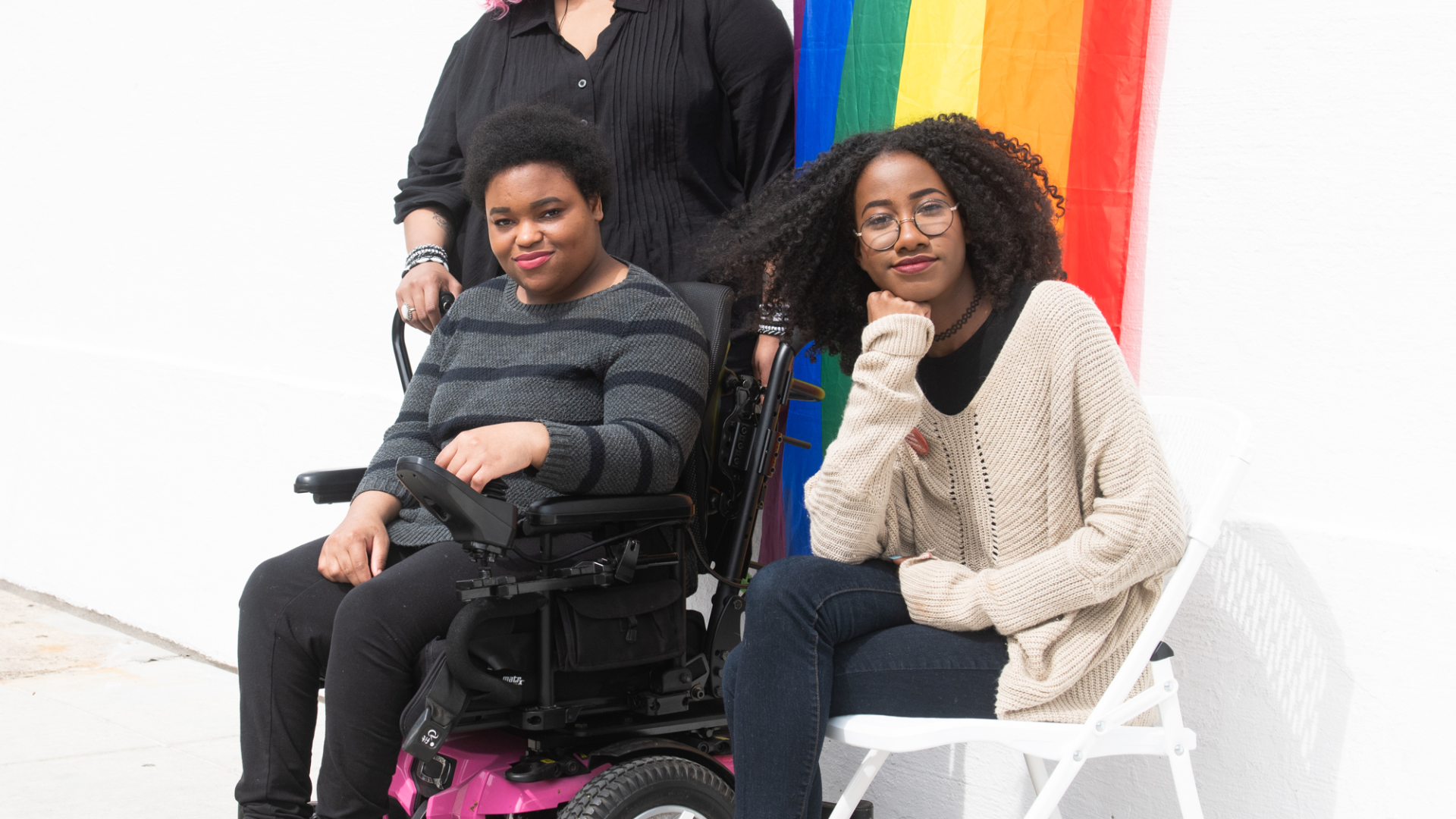
We work with many young people who have disabilities, and we aim to provide support and advice to those young people in searching for and securing housing which is safe and accessible.
At akt we recognise that disability is defined in lots of different ways by different people. Here we have included the legal definition of disability, under Section 6 of the Equality Act 2010, which is important for understanding your rights as a person with a disability.
(1) ‘A person has a disability if—
(a) They have a physical or mental impairment, and
(b) the impairment has a substantial and long-term adverse effect on the person’s ability to carry out normal day-to-day activities.’
This is a broad definition, so it is always best to check even if you don’t think you have a disability.
Citizens Advice has further useful information to guide you through what counts as a disability.
If you make a homelessness application in England and you are vulnerable due to a physical or learning disability or mental illness, then you should be assessed as having priority need. Shelter have information on priority need of people with disabilities.
In Scotland you do not have to prove you are in priority need to make a homeless application and any local authority accommodation provided must meet any special needs the applicant has and be reasonable for them to occupy. Shelter Scotland have information on housing options for people with disabilities.
If you live in England and you rent your home, or you are looking to rent, then you might have the right to ask for changes to be made to the property to allow you to live there with your disability.
Section 33 of the Equality Act states that you can take action against individuals or companies who discriminate against you when they sell or rent a property to you or manage a home you live in. Scope have a guide on how to challenge discrimination experienced based on disability in the housing sector.

have a guide on what benefits people with disabilities may be entitled to. You can contact your local Citizens Advice for help with applying. Disability benefits are slightly different for those who are experiencing homelessness.

have a practical guide and factsheets on understanding the Care Act 2014 and factsheets to help you understand social care and personal budgets in England.
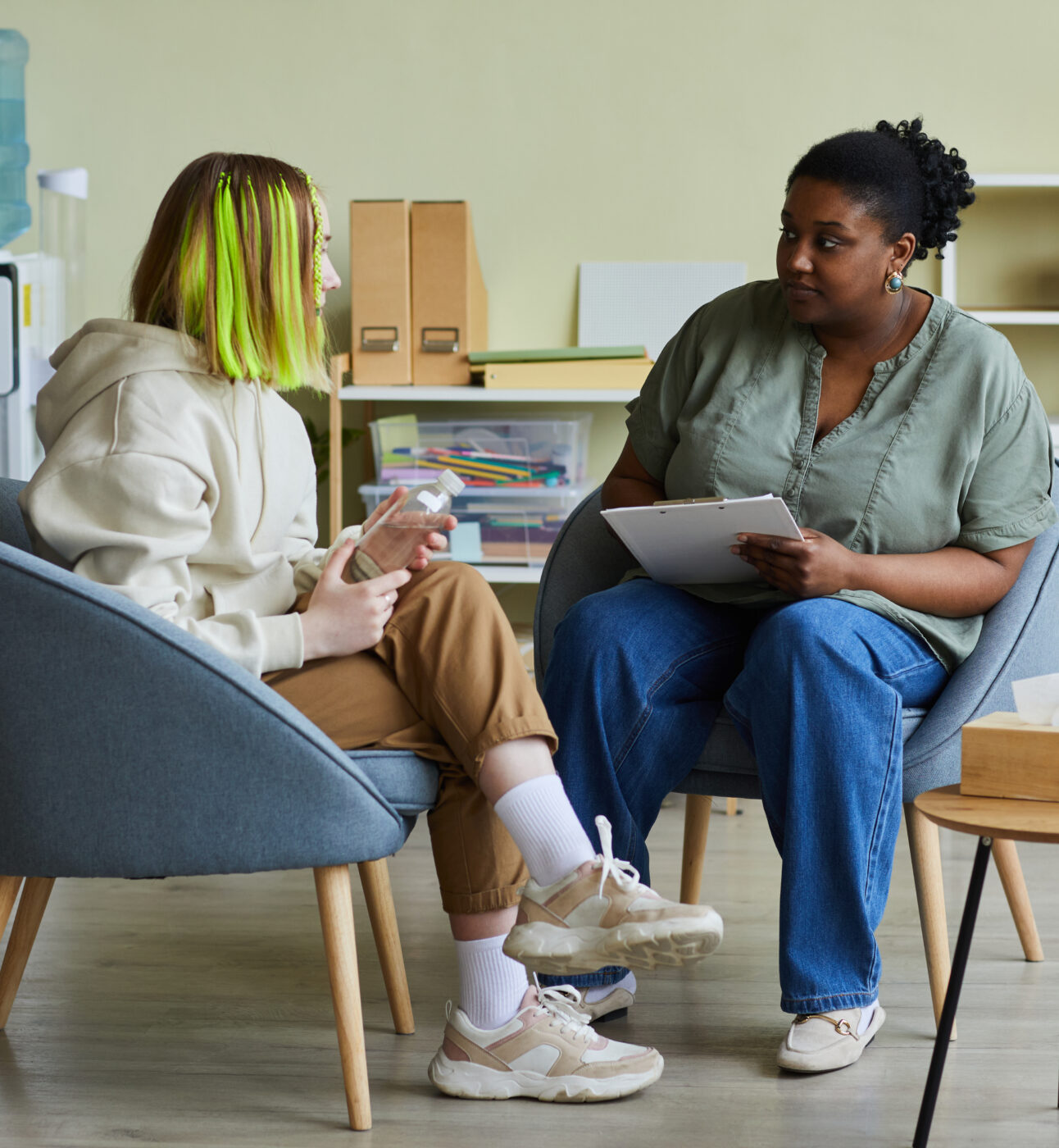
have a guide on how to ask Social Work for a community care assessment if you are having difficulty managing at home.
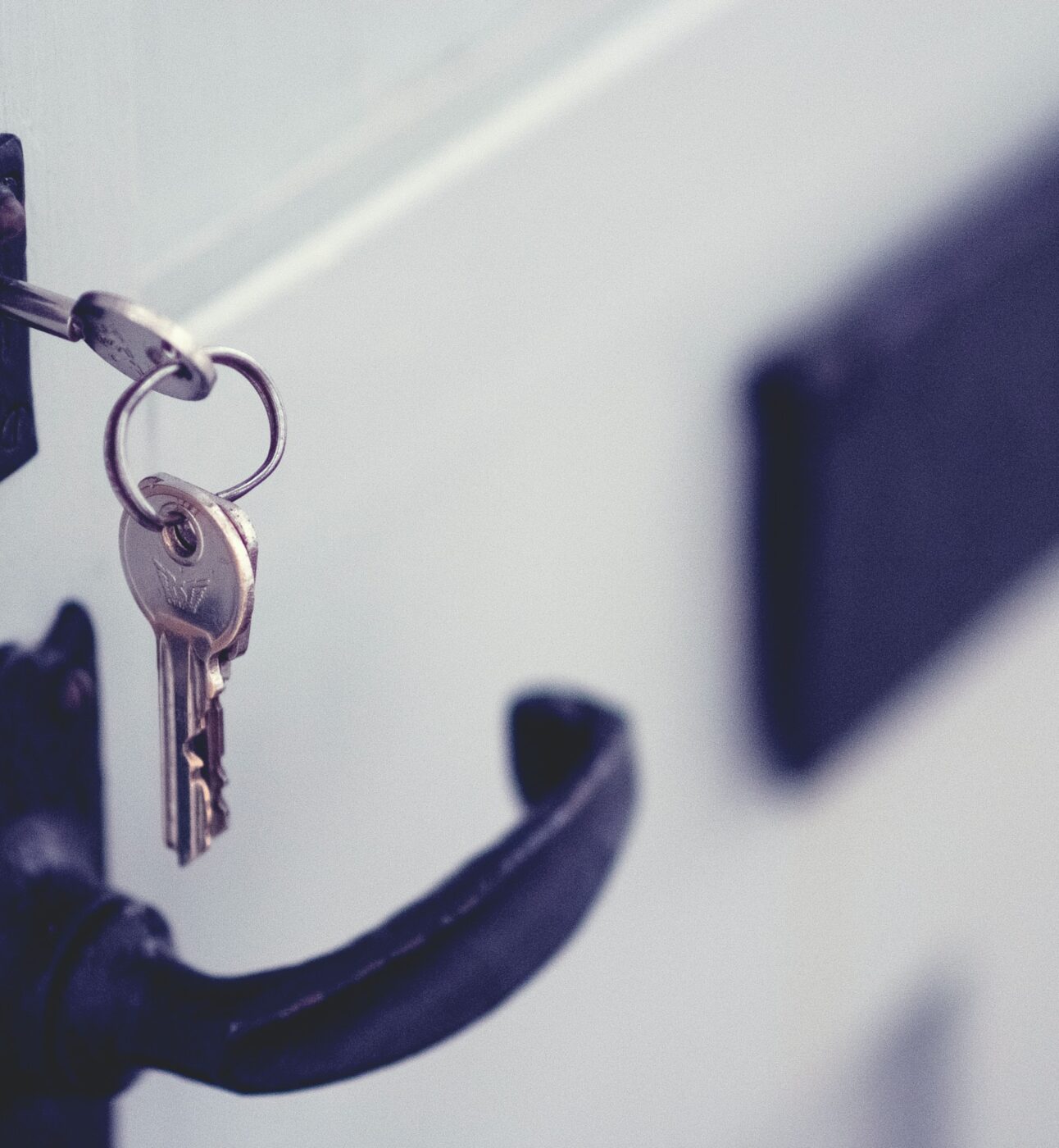
provide information on local charities and grants that may be able to provide additional support.
provide information and resources for Deaf LGBTIQ+ people. Their website contains links to regular groups across the UK which have meet ups and events.
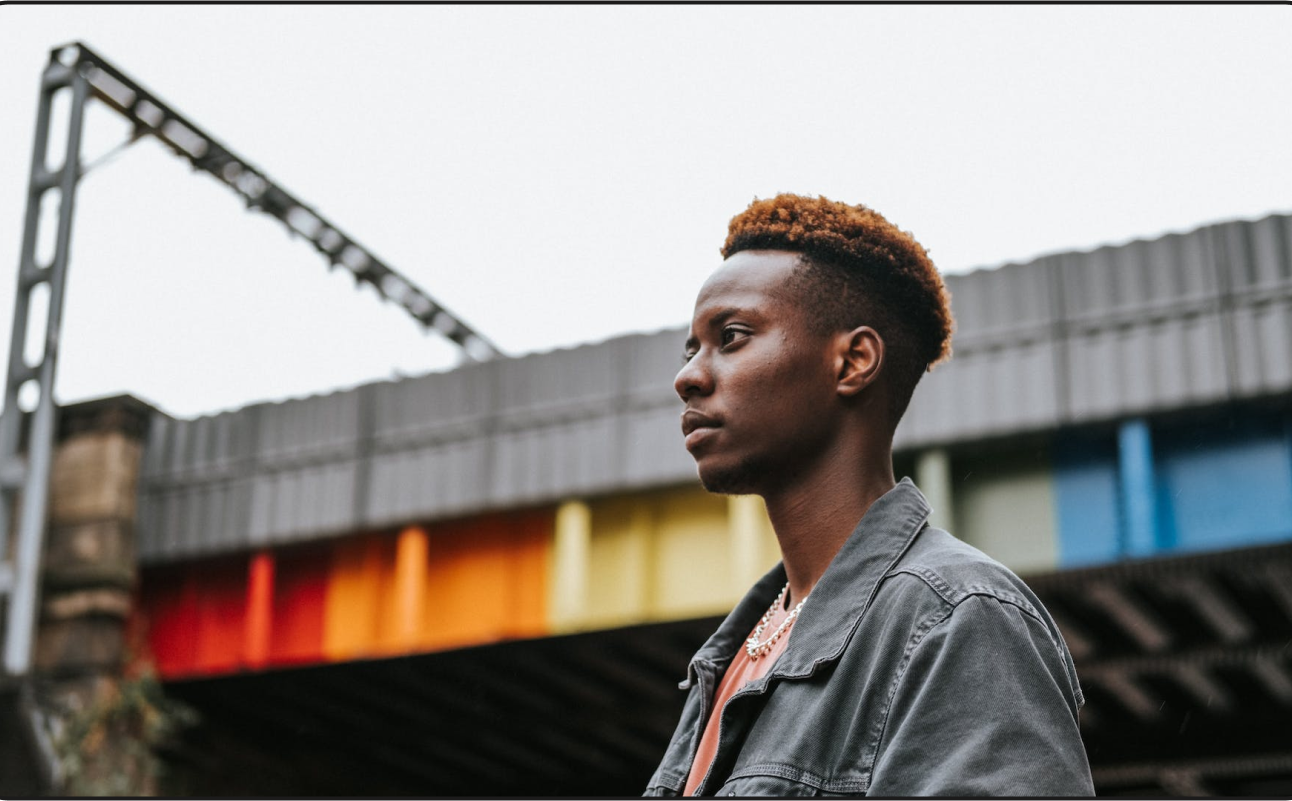
provides information, advice and support to LGBTQ+ people who self-identify as disabled.
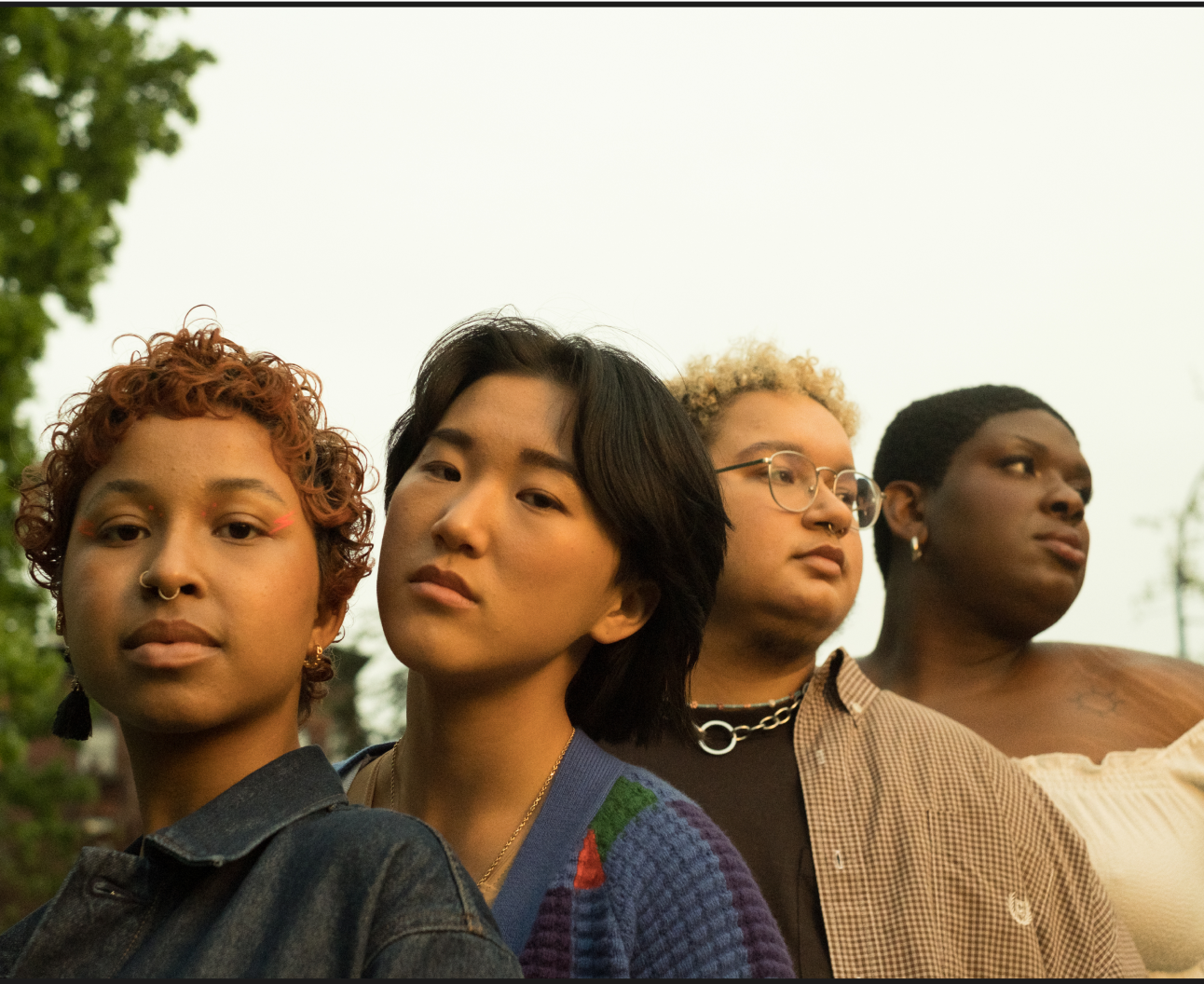
provides resources and information on services with specific support for disabled and neurodivergent LGBTQ+ young people.
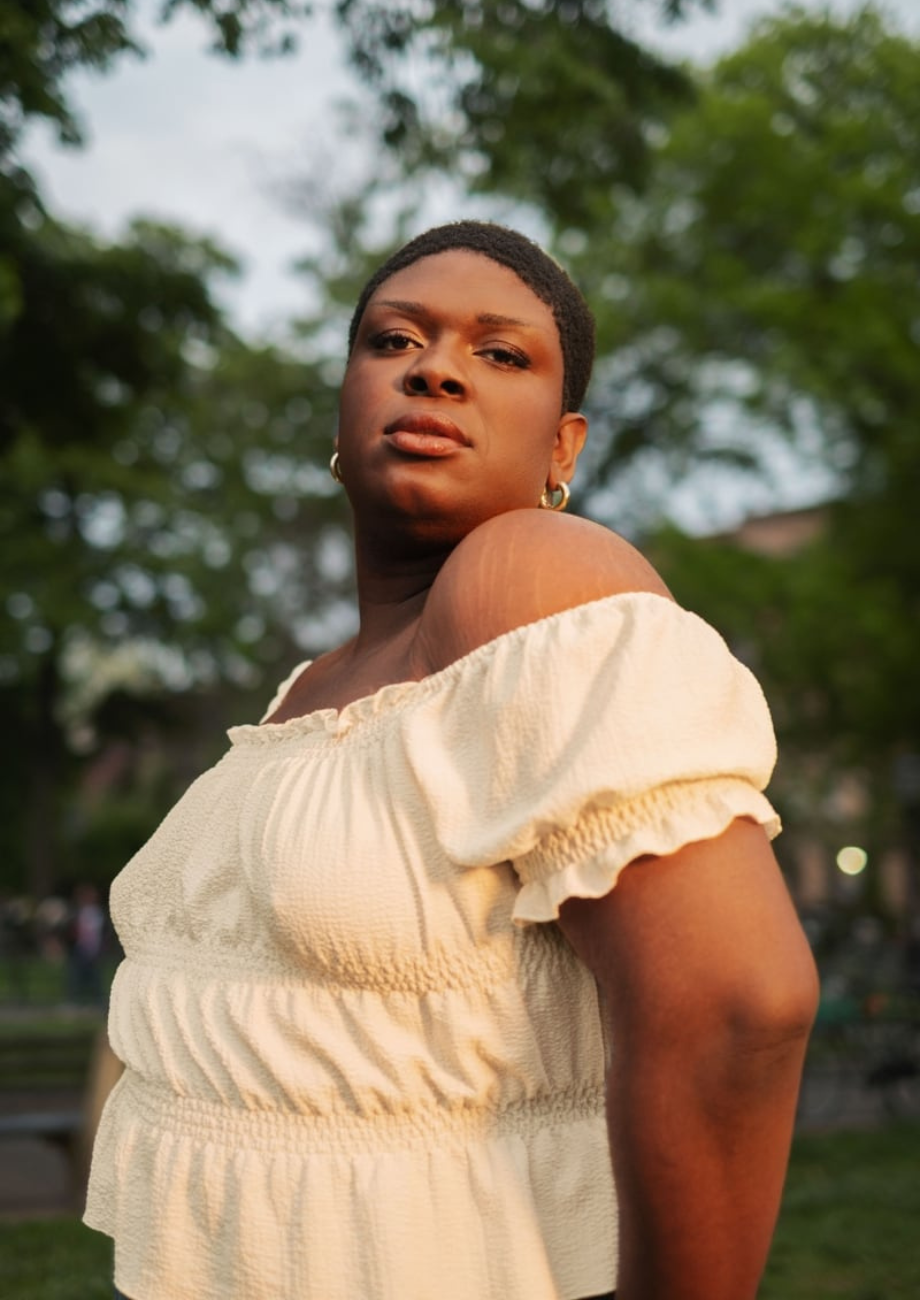
is a performance-based organisation which hosts events catered towards the queer black and brown disabled community.

hosts a monthly social group at New Union in Wakefield for LGBTQ+ adults with learning disabilities and/or autism.
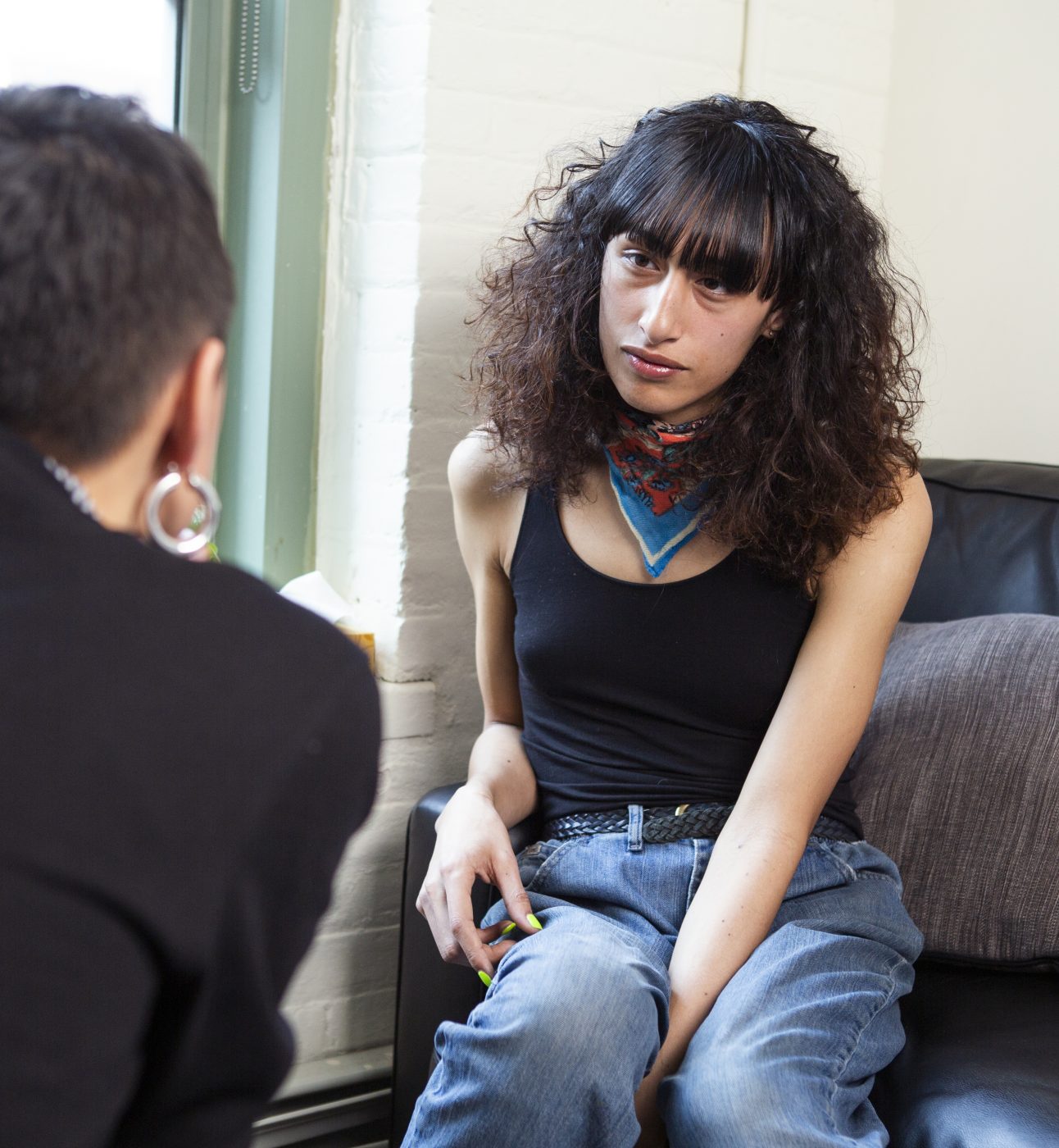
supports people with autism and people with learning disabilities who identify as LGBTQ+ in Yorkshire. They offer free self-advocacy workshops and monthly online peer support groups for those in Yorkshire.
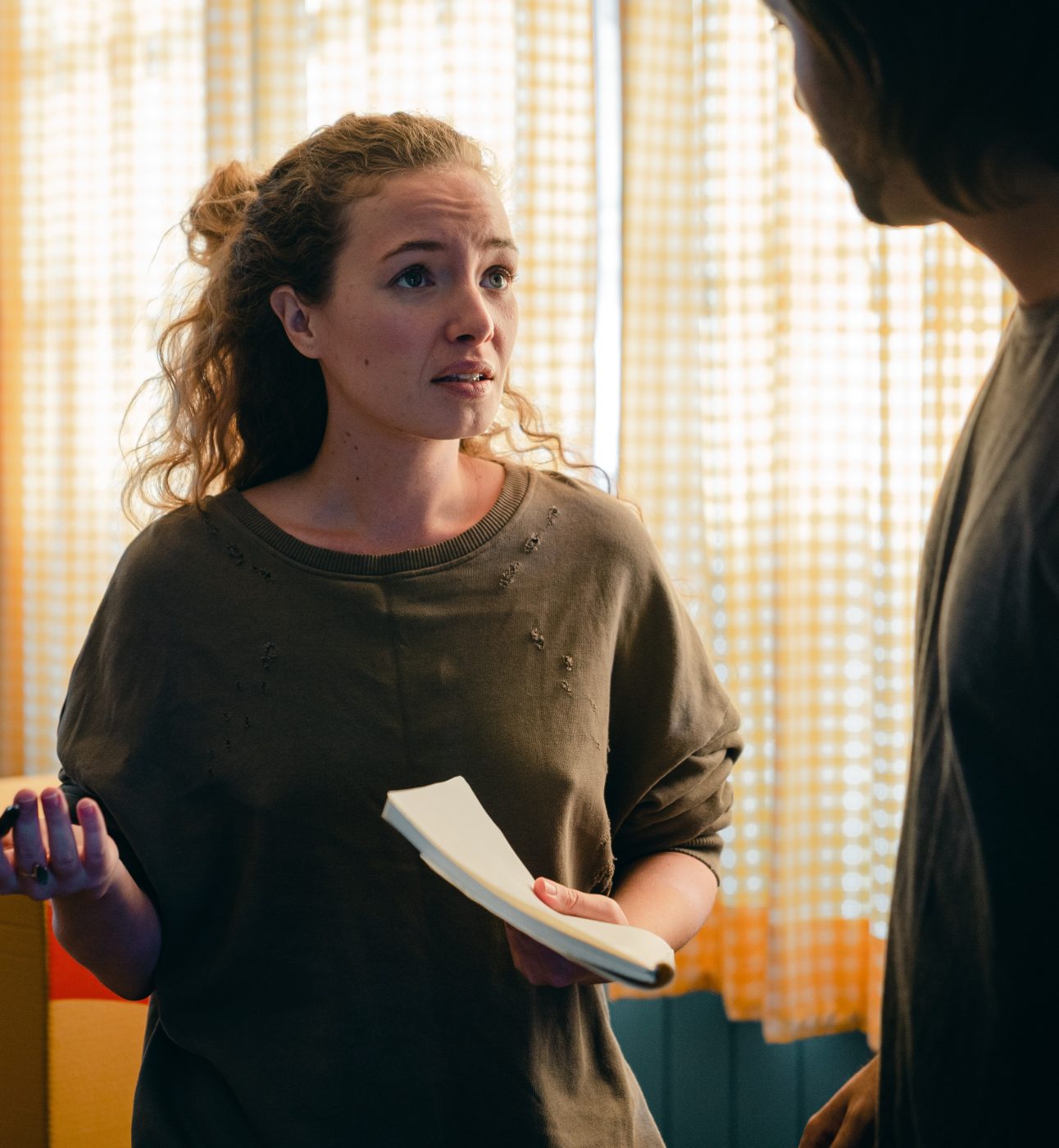
in Brighton runs a neurodivergent group for people who are autistic/neurodivergent and also trans, non-binary, intersex, gender-variant or questioning. The group runs monthly sessions where you can come along and socialise.
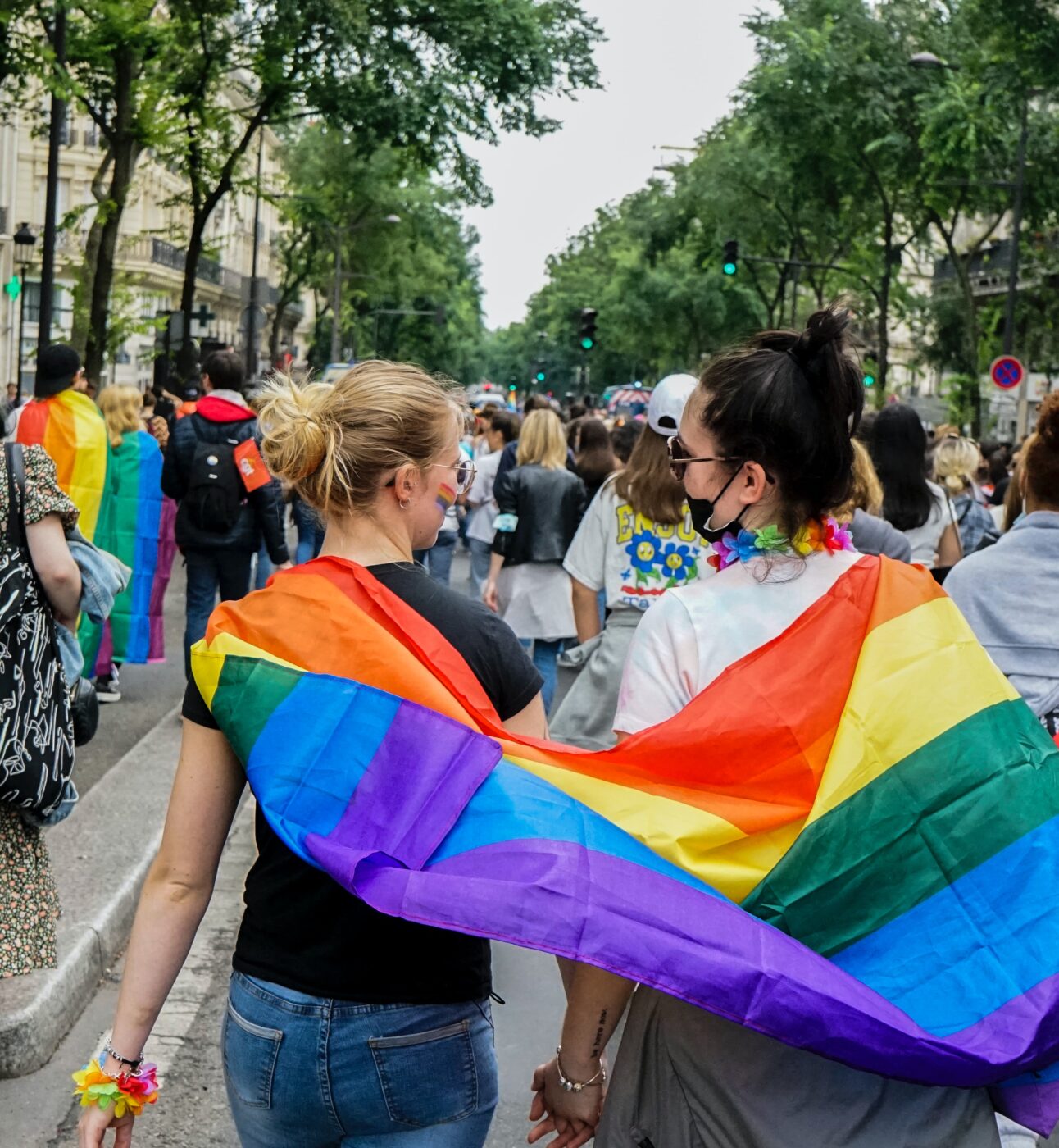
provides peer support and confidence building, information on rights and services, as well a forum for sharing ideas.
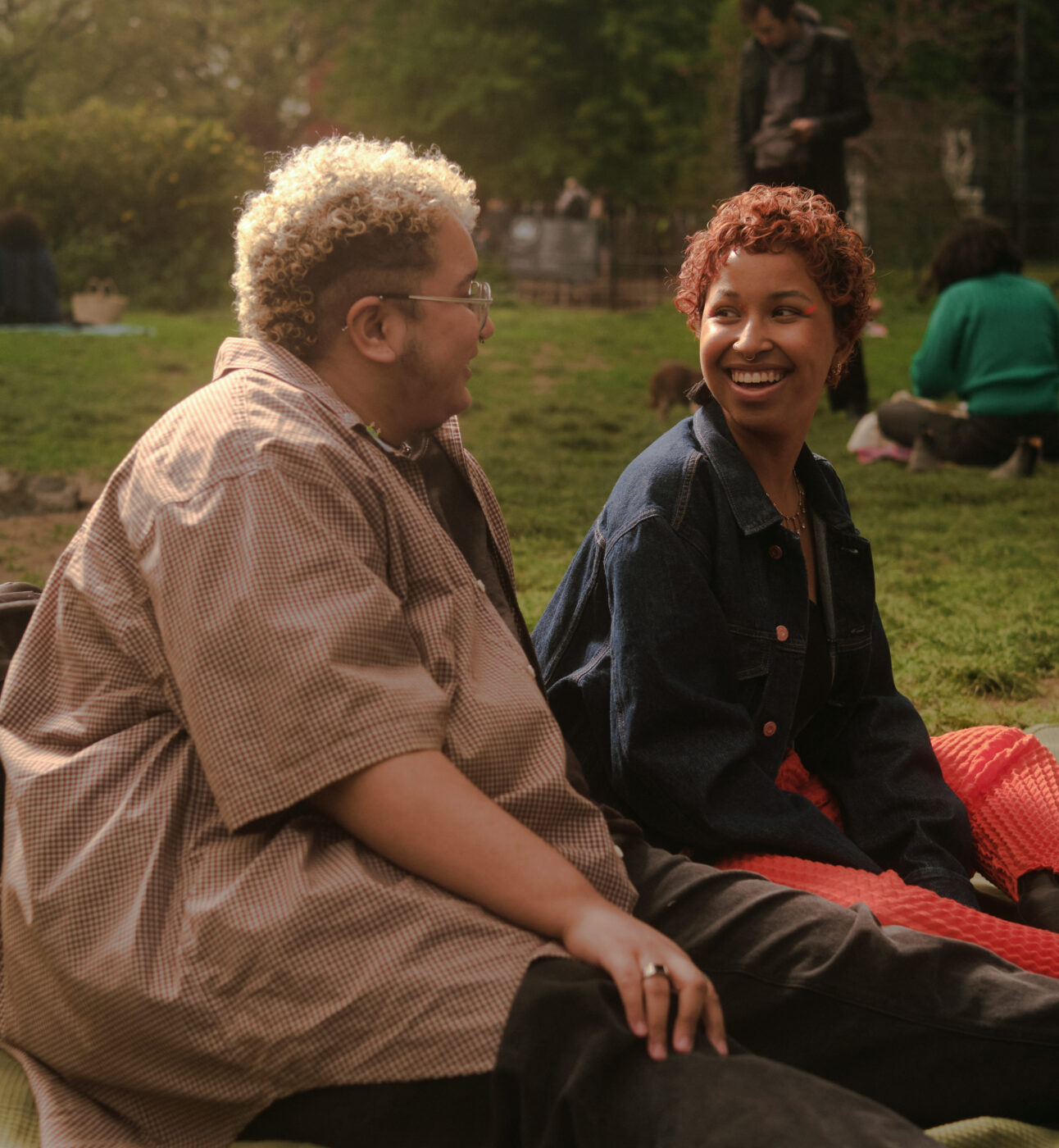
the service is based in North London but can accept clients from across London. Provides social groups and day-trips, sports groups, support for asylum seekers and refugees, psychotherapy services.
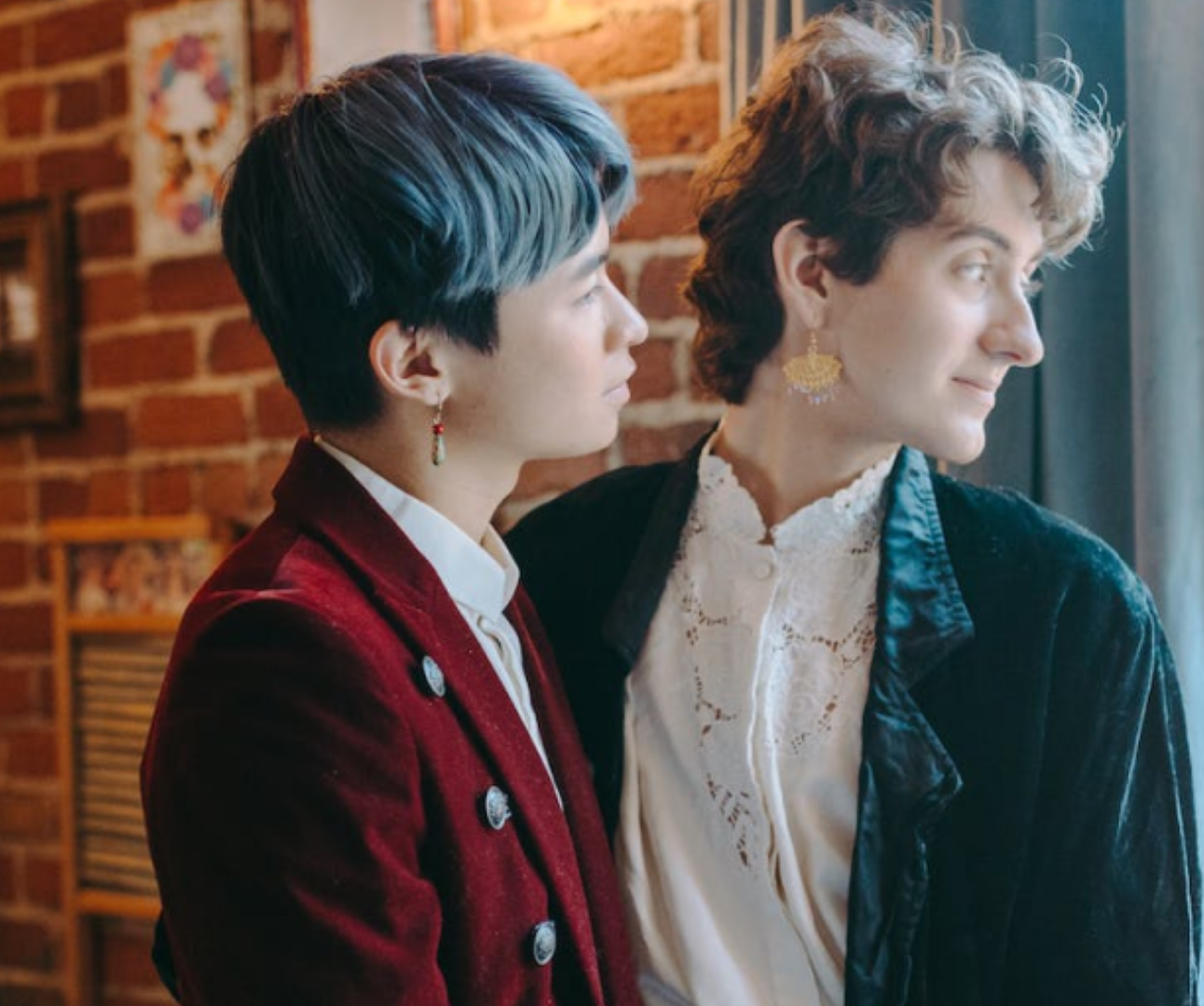
people in Action has a project called Out in Leeds which hosts a weekly social group for learning disabled and autistic adults from the LGBTQ+ community meeting in Leeds city centre.

based in Morecambe, Out in the Bay provide support for LGBTQ+ people who have various health conditions including sexual health, drug and alcohol issues and mental health issues.
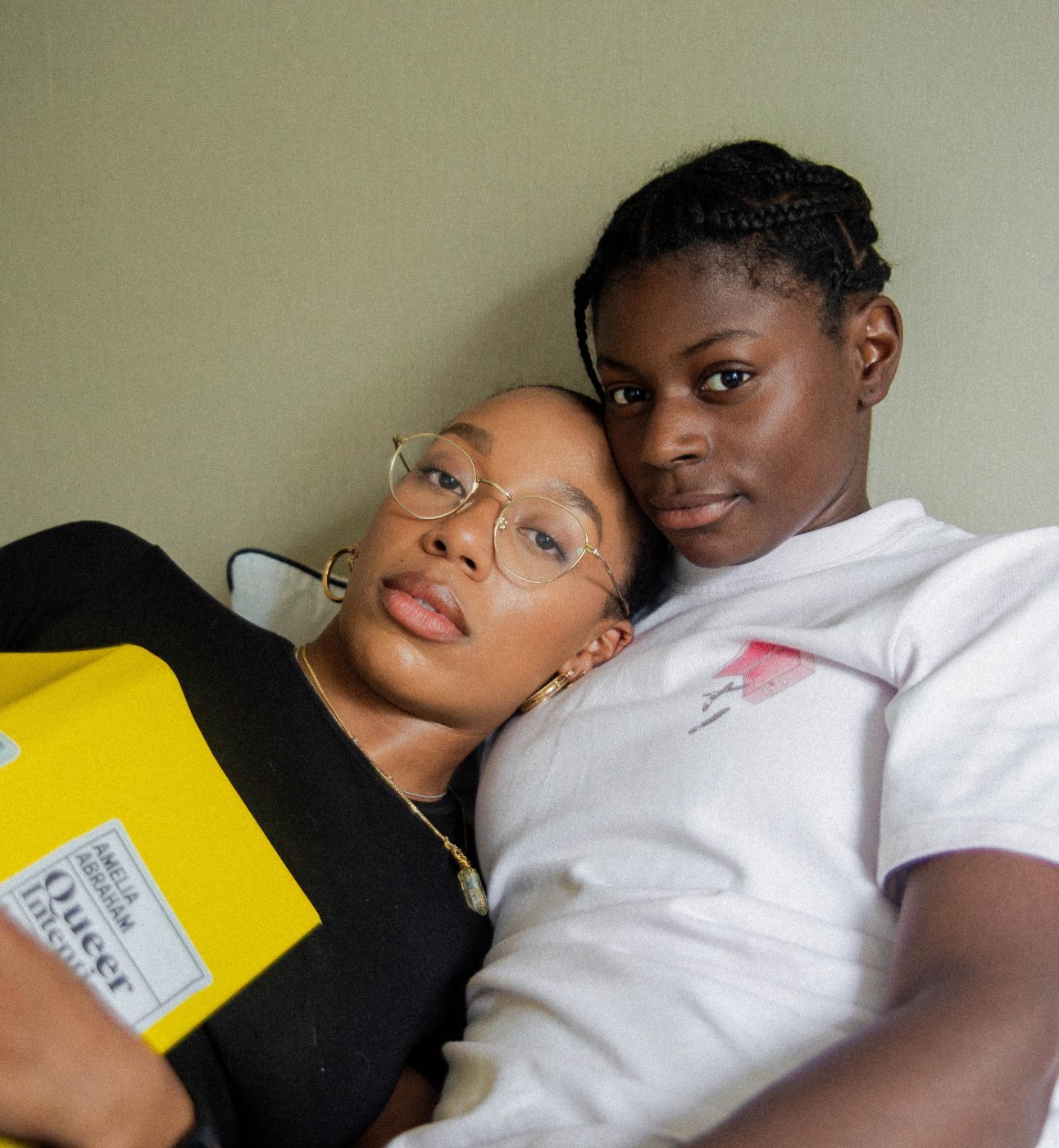
is a social group for those who are LGBTQ+ and have a learning disability. It takes place online.
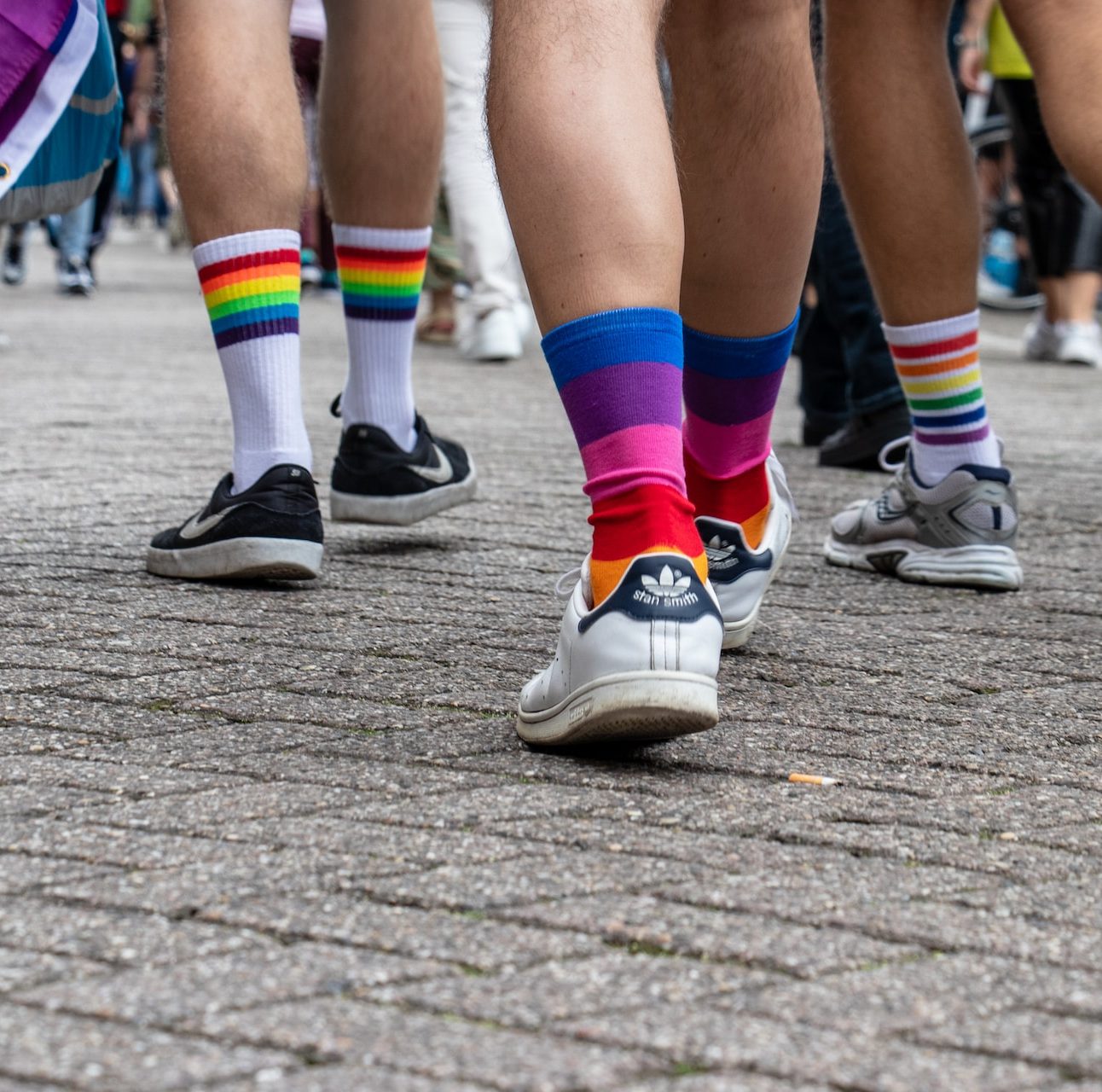
The Richmond Fellowship is a national charity which provides a range of services and is committed to supporting LGBTQ+ people. Services include: Supported housing for those with severe mental health. Crisis housing. Residential homes. Employment support. Social enterprises. Domestic abuse services (for victims and perpetrators) 1:1 peer support sessions. Support to young people impacted by domestic abuse/ use abusive behaviour towards parents/carers. Family courts team – domestic violence assessments.
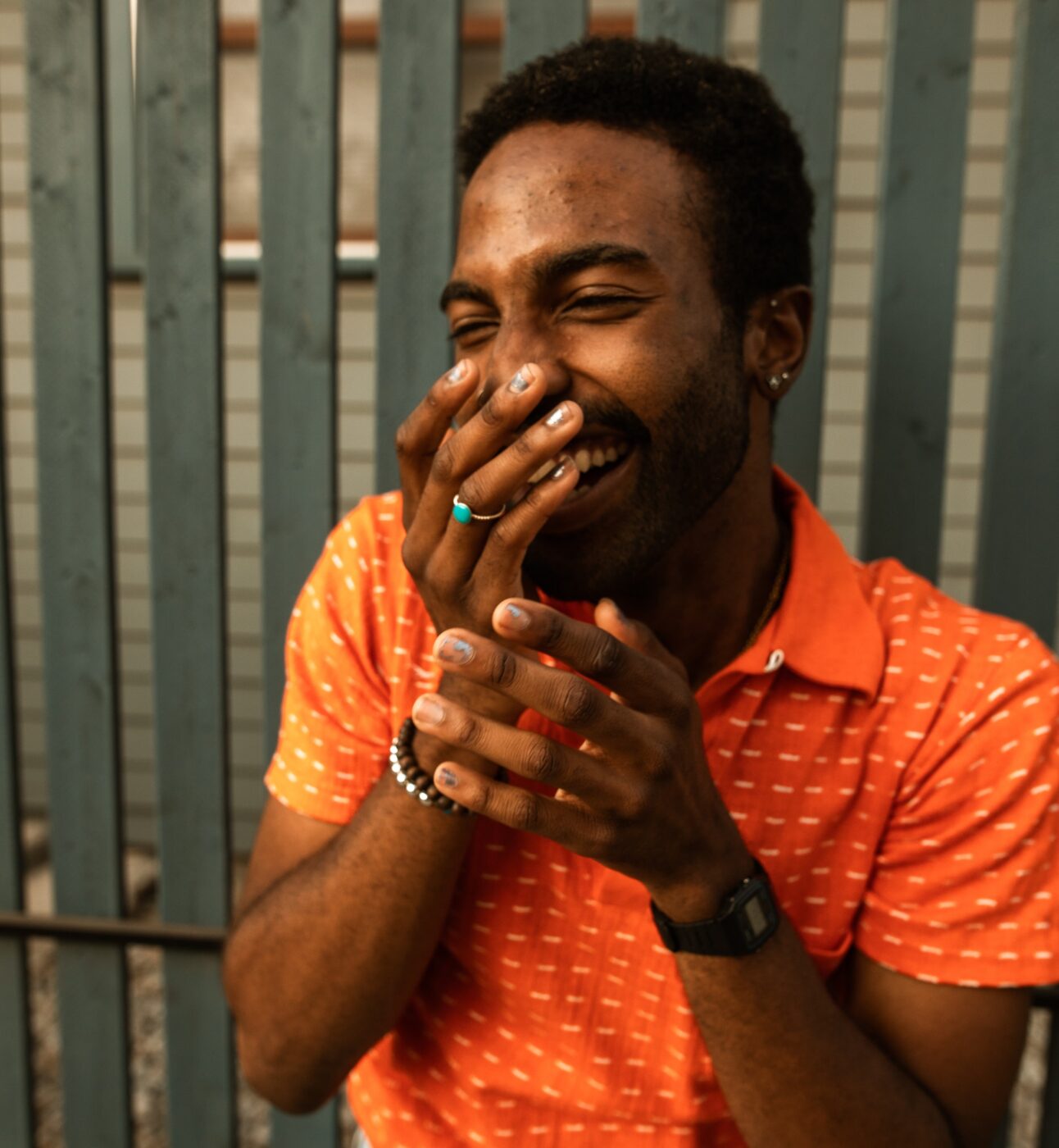
is an inclusive social group for queer people, disabled people, their friends, family and carers. They meet twice a month at an accessible venue in Edinburgh.
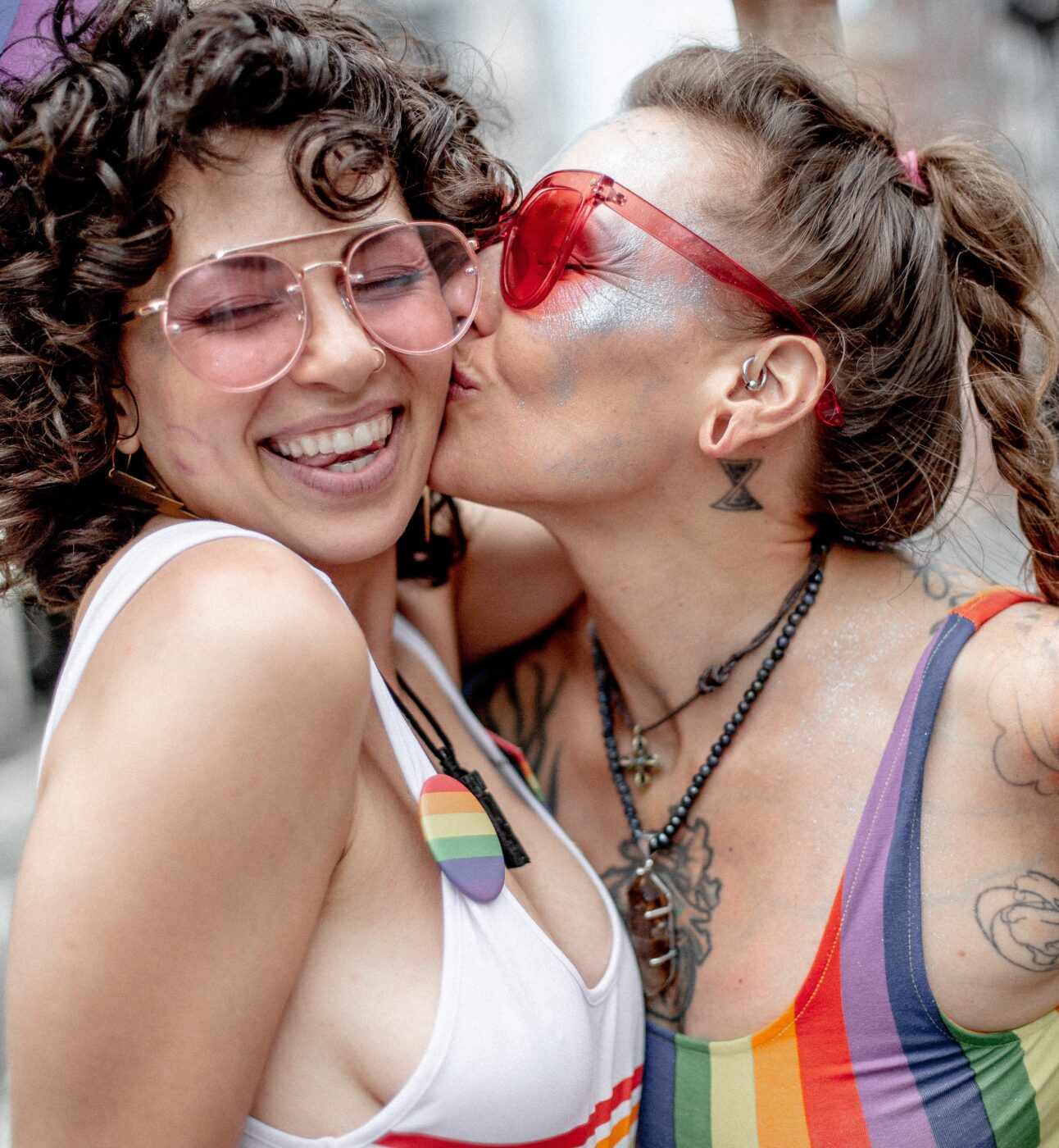
is a disability empowerment charity who advocate for awareness and accessibility for people with disabilities in the LGBTQ+ community. They hosted the first London ParaPride in 2019.

is a befriending service for those with autism and learning disabilities who are LGBTQ+ and live in the North West. They host confidence-building workshops, social events and educational sessions on a range of topics.

provide a range of services for Deaf people nationally including advocacy, support around domestic abuse and therapy services. They have some LGBTQ+ therapists, and nearly all therapists have been trained to work with LGBTQ+ people.
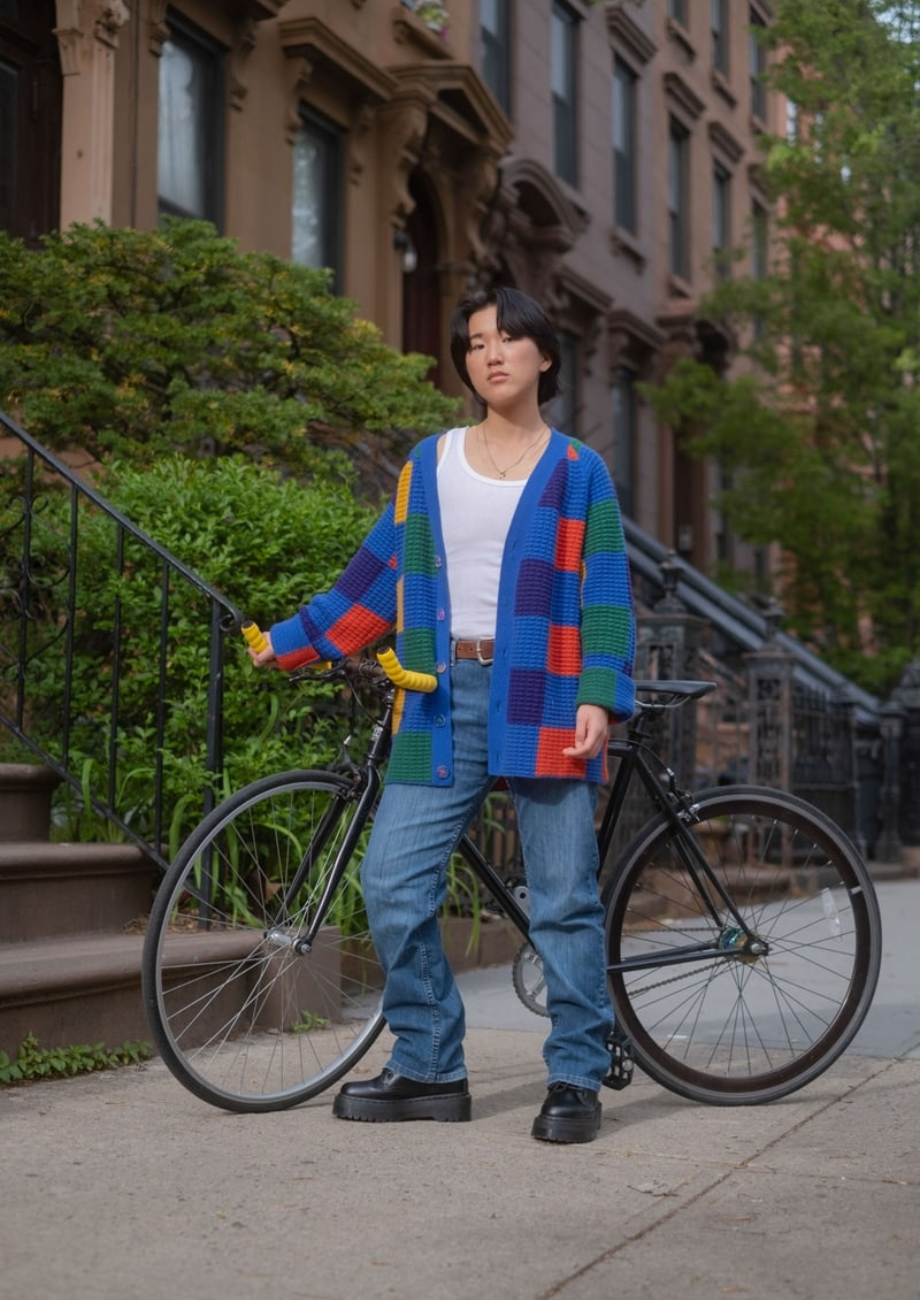
Queer Care provide advocacy services for LGBTQ+ people to help navigate the healthcare system as well as other systems including education, criminal justice, welfare benefits, and housing.
You can also visit the akt website for our resource on accessing healthcare when homeless.
If you are disabled and need support around housing then you can contact us by emailing gethelp@akt.org.uk or messaging us via live chat. We are open 10am to 5pm Monday to Friday, and you can leave us a message outside of these times and we will get back to you.